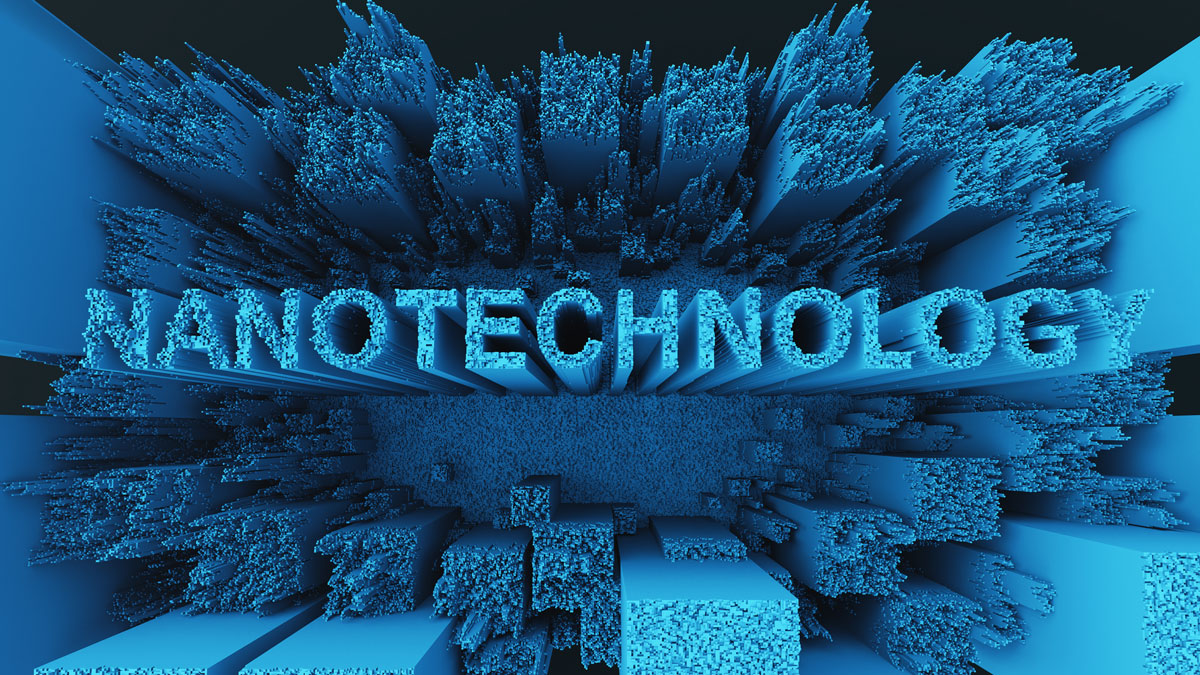
Request for Proposals NTC 2017 Summer School
Request for proposals for 2017 IEEE Summer School on Nanotechnology
Download the full RFP here.
The IEEE Nano Council is now requesting proposals for its Second Summer School which should be organized along some of the themes typically covered in the call for abstracts of the yearly IEEE Nano meeting, the flagship IEEE Nanotechnology Conference. These include a wide range of nanoscience and nanotechnology topics, encompassing nanofabrication; nanomanufacturing; nanomaterials; nanobiomedicine; nanoenergy; nanoplasmonics; nanoelectronics; nanosensors and nanoactuators; nanorobotics; and characterization and modeling of nanostructures and devices.
The IEEE Summer School on Nanotechnology should be geared towards senior undergraduates; graduate students; post-docs; and researchers and practitioners at the early stages of their careers eager to deepen and broaden their skills in nanoscience and nanotechnology. Based on the success of the first Summer School, it is expected that the attendance at the school should be around 50 participants. The main objective is to stimulate future generations to stay abreast of these rapidly evolving fields, and to foster participation in the adventure of research that will lead to the next generation of nanopioneers.
Dates and Length: The second IEEE Summer School on Nanotechnology will be held in the summer of 2017. We expect the summer school to be offered every year thereafter. In the future, more than one summer school may be held in each year. The length of each summer school is expected to be from a minimum of 3 days to 1 week, although longer durations may be acceptable in certain cases.
Format: A successful summer school will consist of lectures, seminars, discussions, and visits to local academic and industrial organizations. Lectures will be given by international scholars working in the areas of nanoscience and nanotechnology and focusing on a central theme among the typical topics covered during the IEEE Nano flagship conference.
Themes: The summer school should both encompass fundamental theory and applications related to the special theme(s) covered by the IEEE Nanotechnology Council conferences and publications. In recent IEEE Nano meetings, the call for abstracts listed the following focus areas: Multiscale Modeling and Simulation; Nanobiology; Nanocircuits and Nanoarchitectures; NEMS/MEMS; Nanoelectronics; Nanoenergy; Nanofabrication and Nanoassembly; Nanofluidics; Nanomagnetics; Nanomaterials and 2D materials; Nanomedicine; Nanometrology and Nanocharacterization; Nanopackaging; Nano-optics; Nano-optoelectronics and Nano-photonics; Nanorobotics and Nanomanipulation; Nanosensors and Actuators; Nanoelectromagnetics; and NanoEMC. The theme of a summer school may be more specific, for example, graphene electronics, or plasmonic devices. These topics should be consistently updated as new fields develop and others fade away.
Funding: Recently, the Administrative Committee of the IEEE Nanotechnology Council has approved $32K of funding for this summer school, to be used for such expenses as travel contributions to participants and lecturers. Local organizers need to provide partial support as well, and the participants (or their labs or supervisors) may need to pay registration (tuition) fees to compensate for local expenses (accommodations and meals) and inviting lecturers.
Benefits to Participants: In addition to acquiring an organized view of an important area of nanotechnology, the summer school participants will be able to meet peer researchers and international scholars (especially young scientists) to discuss hot topics and on-going research, and also to experience local industry and culture.
You are encouraged to submit a proposal to hold a 2017 IEEE Summer School on Nanotechnology. If the proposal is approved, the IEEE Nanotechnology Council will provide upon request a financial contribution to support the initiative. The co-funded amount depends on the available budget, the number of financed proposals and the soundness of the school budget, but will not exceed $32,000. We recall that organizers can take advantage of other initiatives, e.g., the IEEE Nano Distinguished Lecture Program to further support the school (related regulations apply).
The IEEE Summer School Subcommittee will review received proposals based on
- The quality of the proposed technical program and topic balance
- The soundness of the budget
- The length of the school
- The desirability of the venue
- The geographical balance of all funded summer schools (for future schools).
In writing your proposal please address the following aspects:
- Aim and theme.
- Lectures and lecturers. Indicate if lecturers have agreed to participate.
- Tentative program and schedule.
- Local organizer(s). Brief bios of the School director and leadership.
- Registration and accommodation. Tuition and venue.
- Budget and financial sponsor(s). Expected number of participants.
Important Dates:
- Eligible period: May to September, 2017
- Deadline for submitting the proposal: 31 October 2016
- Notification of the outcome of the review process: 30 November 2016
Please submit your proposal to the Summer School Subcommittee Chair, Prof. Marc Cahay at marc.cahay@uc.edu. Potential hosts are encouraged to contact the subcommittee to express their interest, and to work with the subcommittee so as to strengthen their proposals.






